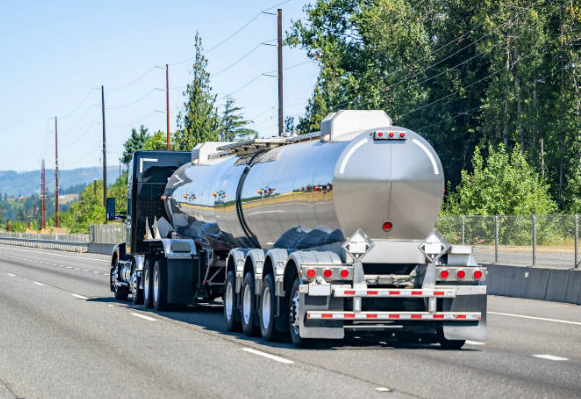Editor's Pick


Today, the logistics and transportation sector plays an important role in improving the operational efficiency of companies. Vehicle route planning is a critical element that enables companies to be successful in this field. Here are the main reasons why companies plan their vehicle routes and the advantages of this process: 1)Increasing Operational Efficiency Vehicle route planning ensures that times and costs are minimized by creating optimal routes. Planning usingroute optimization software helps companies use their resources more effectively. This is why flexible planning approaches such as dynamic routes are increasingly being adopted. 2)Reducing Fuel Costs Vehicle fuel is a major cost item for logistics companies. Route optimization solutions are vital to achieve the goal ofreducing fuel expenses. Vehicles follow short and efficient routes, keeping costs under control. 3)Increasing Customer Satisfaction In the e-commerce sector, fast delivery is one of the most important factors determining customer satisfaction. Concepts such ascustomer satisfaction, ecommerce delivery and last mile carrier are directly related to effective route planning. Accurate route planning ensures on-time and complete deliveries. 4)Monitoring and Optimizing the Process Technologies such as GPS tracking, telematics and asset tracking allow companies to monitor and optimize the delivery process. These technologies make it possible to view where vehicles are wasting time or where routes could be improved. 5)Making Reverse Logistics Processes More Efficient Reverse logistics covers return and recycling processes. Effective management of these processes is made possible by route planning. This not only saves costs but also allows for better utilization of time. 6)Achieving Green Logistics Goals Green logistics aims to reduce carbon emissions and promote environmentally friendly transportation. Optimizing vehicle routes leads to lower fuel consumption and therefore lower carbon emissions. 7)Streamlining Vehicle and Fleet Management Fleet management and fleet tracking help companies monitor and improve fleet performance. Planning vehicle routes effectively improves fleet efficiency with fewer breakdowns and longer life. 8)Making Better Use of Time and Resources Unplanned routes waste both time and resources. Approaches such as schedule optimization and territory management optimize routes, allowing companies to maximize the efficiency of their resources. 9)Minimizing Risks Specialized solutions such as Hazmat optimization are important for companies transporting hazardous materials. Therefore, the planning process reduces risks and offers a safer transportation process. 10)Utilizing Artificial Intelligence and Mapping Technologies Technologies such as artificial intelligence, maps, and isochrones help to plan routes more precisely and effectively. These technologies both save time and provide avenues for faster delivery. Conclusion: Planning vehicle routes provides operational integrity in areas such as logistics management, route planning, and route optimization. Effective route planning not only reduces costs, but also improves customer satisfaction, reduces environmental impact and helps companies gain a competitive advantage. With the support of technology and software, this field is evolving, enabling companies to look to the future with more confidence.Why Companies Want to Plan Vehicle Routes?





